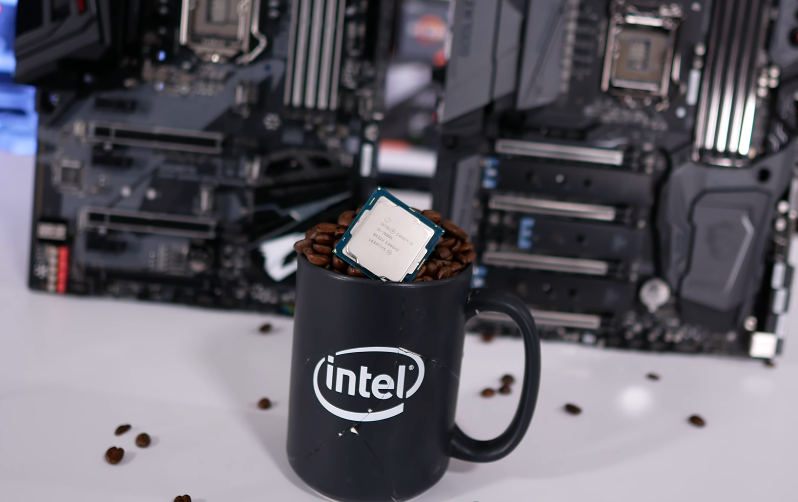
Intel has recently decided to discontinue its previous 300 series chipset, which actually supported the company's own Coffee Lake microprocessors. The whole motherboard family had initially debuted this back in 2017 and was able to support Intel's very own 8th and 9th gen processors.
What is 300 Series Intel?
According to an article by Gizmodo, during its launch, boards that were based on both the H370 and Z370 chipsets were considered as some of the fastest consumer silicon available for purchase. The Core i7-8700K was reportedly a great chip and other CPUs just like the Core i9-9900K actually kept this particular platform competitive along with AMD hardware until the official launch of the popular Zen 2 / Ryzen 3000 family of its processors back in mid-2019.
The main retirement of these 300 series is expected to happen in only a few months before Intel is expected to officially launch the Rocket Lake CPUs. Intel is expected to launch a new 500 series alongside these new CPUs. The company reportedly does not have a reason not to do this. But any advances for those over and above the current 400 series are said to be small.
Intel 300 series chipset motherboards
Intel has already given its disclosure saying the Rocket Lake will be okay in the 400 series motherboards. Other rumors now suggest that the Comet Lake CPUs will actually similarly work well in its 500 series motherboards.
When it comes to the production standpoint, it really does make sense. Intel as well as other companies just like them are all having trouble with getting the needed production capabilities in order for them to keep up with demands. CPUs, GPUs, as well as other components have actually been or still are affected. With Intel now playing catch-up with its competitor AMD in supporting the new PCIe 4.0, it can be understood as to why it now wants to focus more on its newer improvements as well as be even more forward thinking when it comes to its production approach.
Intel 300 series GPU
The 400-series chipsets are now based on the brand new LGA 1200 socket, which technically supports the newer PCIe 4.0 standard Intel plans to be able to incorporate with its brand new 11th gen desktop processors, according to an article by KitGuru. This makes it a bit tricky for those consumers that still want to stick to Intel.
Chipset compatibility is something that AMD has an advantage over Intel on as of the moment. Depending on the particular CPU, AMD processors actually work across a number of multiple generations of motherboards. This means the Ryzen 2000 series would work on 300, 400, and even 500 series chipsets. The Ryzen 3000 and 5000 series would work along with 400 and 500 series chipsets. IT is also worth noting that AMD's very own Ryzen 3000 series APUs actually work well along with 300, 400, and also 500 series chipsets.
Related Article: AMD Ryzen Threadripper 5000 Series Could Run on 16 Cores: Is the New HEDT CPUs with New Zen 3 Architecture Overkill?
This article is owned by Tech Times
Written by Urian Buenconsejo
ⓒ 2025 TECHTIMES.com All rights reserved. Do not reproduce without permission.




